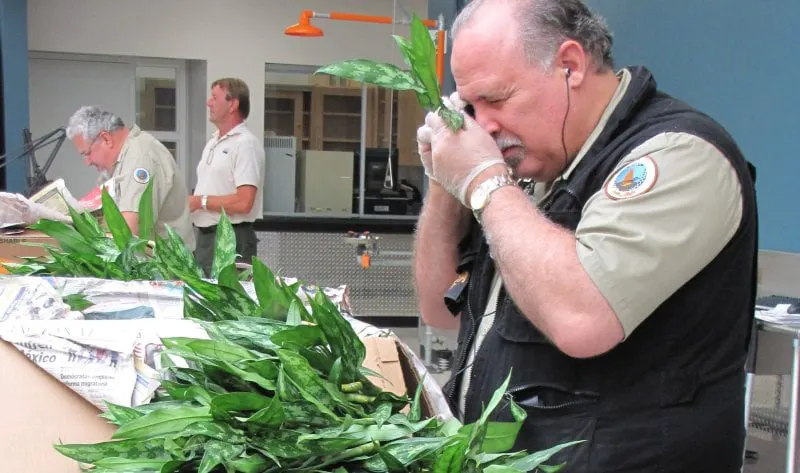Viewpoint: Are the EPA and other regulatory agencies dragging their feet by not restricting glyphosate weedkiller?
Viewpoint: Are the EPA and other regulatory agencies dragging their feet by not restricting glyphosate weedkiller?


Are the EPA and big agricultural groups defending glyphosate because they need to maintain business as usual?
Should the public be concerned about cancer and hormone effects from Roundup?
The short answer to either question is an emphatic no. EPA and health agencies around the world have reviewed hundreds of experimental animal and human studies on glyphosate and come to a near unanimous conclusion: Roundup does not cause cancer and, when used according to directions, is safe at the occasional, tiny levels found in our food.
For example, the U.S. Department of Agriculture (USDA) released a 2016 report that found no pesticide residue levels high enough to pose any human health risks, even for infants. Specifically, the USDA tested for pesticides in 10,619 samples of food.
The one exception to the otherwise unanimous conclusion on the safety of Roundup by U.S. and other health organizations was that drawn by the International Agency for Research on Cancer (IARC) in France. Importantly, judgments by this group are not peer reviewed. Other items included in IARC classifications are eating red meat, exposure to emissions from high frying temperatures and working as a hair-dresser or barber.
This is an excerpt. Read the original post here.


















 Viewpoint — Fact checking MAHA mythmakers: How wellness influencers and RFK, Jr. undermine American science and health
Viewpoint — Fact checking MAHA mythmakers: How wellness influencers and RFK, Jr. undermine American science and health Viewpoint: Video — Big Solar is gobbling up productive agricultural land and hurting farmers yet providing little energy or sustainabilty gains
Viewpoint: Video — Big Solar is gobbling up productive agricultural land and hurting farmers yet providing little energy or sustainabilty gains Trust issues: What happens when therapists use ChatGPT?
Trust issues: What happens when therapists use ChatGPT? Fighting deforestation with CO2: Biotechnology breakthrough creates sustainable palm oil alternative for cosmetics
Fighting deforestation with CO2: Biotechnology breakthrough creates sustainable palm oil alternative for cosmetics California, Washington, Oregon forge immunization alliance to safeguard vaccine access against federal undermining
California, Washington, Oregon forge immunization alliance to safeguard vaccine access against federal undermining 30-year-old tomato line shows genetic resistance to devastating virus
30-year-old tomato line shows genetic resistance to devastating virus The free-range chicken dilemma: Better for birds, but with substantial costs
The free-range chicken dilemma: Better for birds, but with substantial costs ‘You have to treat the brain first’: Rethinking chronic pain with Sanjay Gupta
‘You have to treat the brain first’: Rethinking chronic pain with Sanjay Gupta
